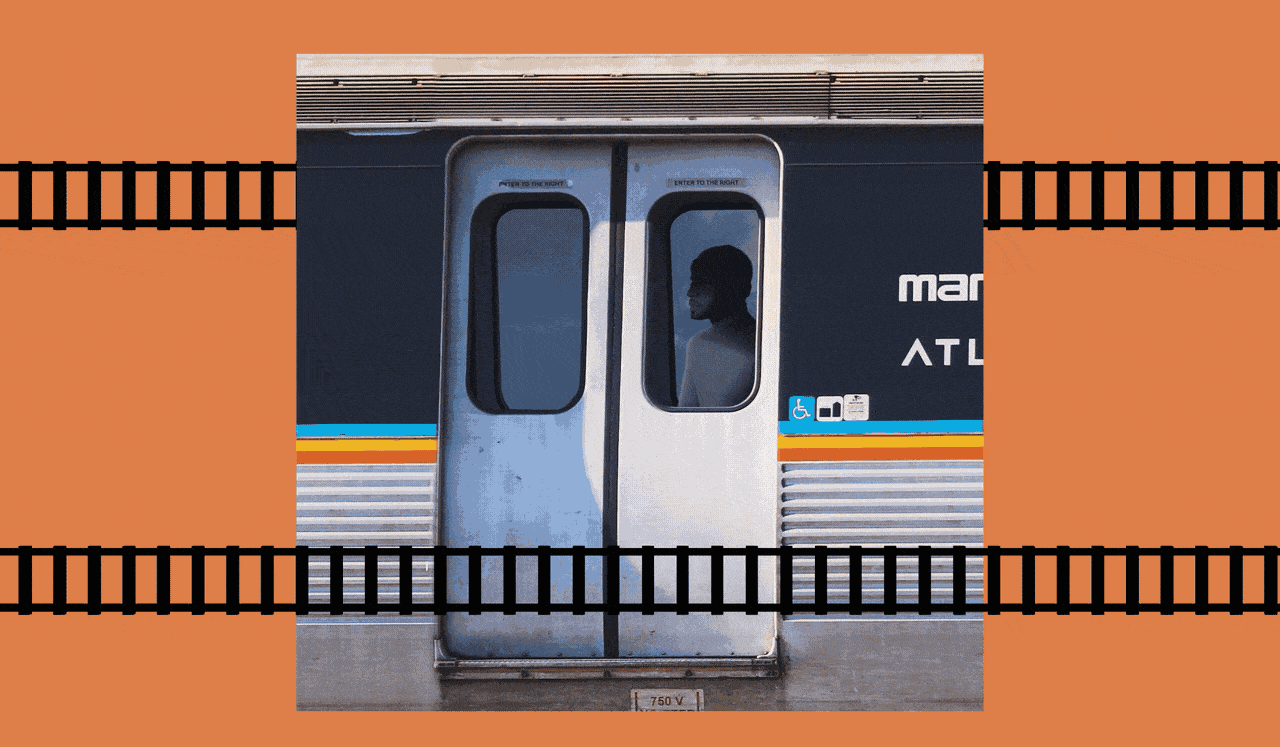Recently, I had the extraordinary honor of having my portrait hung on the walls of the Hall of Honor in the legendary Martin Luther King Jr. International Chapel on the campus of my alma mater, Morehouse College. I was humbled beyond words.
The honor was not simply about a painting on a wall — it was about a story. A story that began with an opportunity. An opportunity given to a young man from Baltimore to study at a place that believed in his potential before America did. That single opportunity changed the trajectory of my life.
Today, I write not to celebrate that seminal moment in my life but to sound the alarm that the doors of opportunity are being closed for too many of those who need the chance that Morehouse afforded me — bolted shut by policy, prejudice, and political malpractice. Without a doubt, opportunity is under attack in America.
In the first eight months of the second Trump presidency, we are witnessing a systematic dismantling of the very ladders that once lifted families out of poverty and into the promise of better days. Whether it’s the rollback of Diversity, Equity, and Inclusion (DEI) programs, the over policing of certain communities or the erosion of health care protections, the message is clear: opportunity is being restricted, not expanded.
Debate over Obamacare is really about people
Credit: Handout
Credit: Handout
We see the president and his political allies committed to dismantling the very safeguards that lift vulnerable communities. At its core, the current federal government shutdown isn’t about fiscal responsibility- it’s about the Republican Party’s crusade to preserve tax cuts for the wealthiest Americans instead of ensuring that health care remains accessible and affordable for America’s working families.
It’s about shrinking the size of the federal workforce instead of doing the hard work of figuring out how to make our government work efficiently in the pursuit of an opportunity agenda for all of us. As the days have turned to weeks and there being no end to the shutdown in sight, the American people are being held hostage to an agenda that puts ideology above humanity.
In its proper context, the debate over Obamacare is not just about premiums or policy — it’s about people. When we remove provisions that make health care more expensive, we are robbing families of their financial stability. Every dollar spent on medical bills or to fill a prescription, pushes hardworking men and women deeper into debt — all because someone had the misfortune of getting sick. And mounting debt makes it impossible to create generational wealth. Families cannot build inheritance when they’re fighting just to get by.
If we force parents to have to make a choice between insulin and a mortgage payment, between child care and chemotherapy, we have failed to create an economy of opportunity — we’ve created an economy of survival.
This moment will reveal the moral measure of our nation and our leaders. Scripture admonishes us that “to whom much is given, much is required.” Opportunity is a sacred pursuit between God, leaders and people. Politics, business, and the pulpit all intersect on this ethical question: what do we do with what we’ve been given?
Our success cannot be measured solely by how high we climb, but by our commitment to lift others as we climb. The legacy of my dear Morehouse — bolstered by generations of Morehouse men — is rooted in the conviction that we rise by raising others.
Focus on building pathways and promoting equity
When I look at that portrait hanging in the King Chapel, I don’t see a monument to personal achievement. I see a mirror reflecting a greater charge I have to keep: to provide more opportunities, to create more scholarships, to open more doors for those who’ve been locked out of the American dream.
The politics of opportunity demand that all of us must focus on building pathways — not barricades. It insists that our business leaders hire and promote with an eye towards equity. For faith leaders, it requires teaching that prosperity without purpose is poverty of the soul. In government, it means shaping policy that creates more ladders and less ceilings because opportunity, once given, has the power to transform not just an individual life, but a community, a city, and a nation.
When Morehouse gave me the opportunity to be the first student ever enrolled with a GED, they weren’t investing in who I was — they were investing in who I could become. That’s the sacred work we are all called to: To believe in the possibility of others and fight for policies that make that belief real.
“Opportunity” is not just a word. It is as tangible and as integral to future of our country as our physical infrastructure itself, and it must be pursued with the same level of seriousness and intentionality. As roads carry cars; opportunity carries families. Understanding that is understanding the politics of opportunity. And that is the work before us.
Jamal-Harrison Bryant is the senior pastor of New Birth Cathedral in Stonecrest. He is a noted author, philanthropist, social organizer and civil rights leader.
About the Author
Keep Reading
The Latest
Featured



